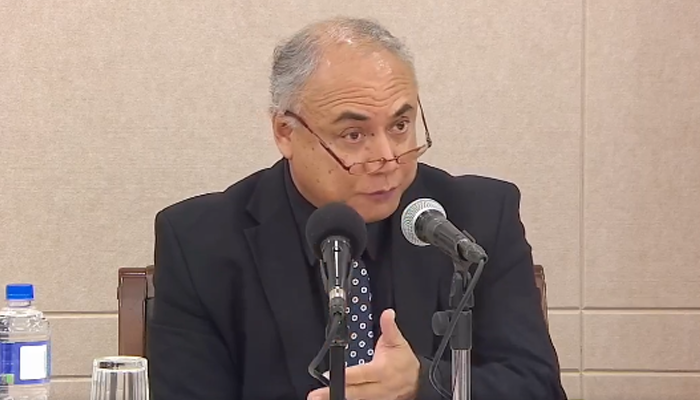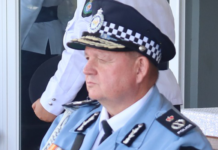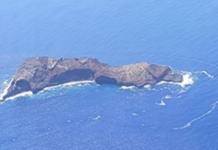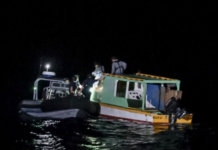Tonga’s vote at the United Nations in support of Israel—despite widespread international condemnation over alleged genocide in Gaza—has triggered sharp divisions within the Tongan community both at home and abroad.

The United Nations General Assembly (UNGA) recently adopted the New York Declaration on the Peaceful Settlement of the Question of Palestine, with most Pacific Island nations either voting against it or abstaining, reflecting a region-wide reluctance to engage with the resolution.
Tonga joined Israel and eight other countries in voting against the resolution.
The dissenting group included Argentina, Hungary, Micronesia, Nauru, Palau, Papua New Guinea, Paraguay, and the United States. Twelve countries abstained, underscoring a divided global response to the resolution.
Prime Minister Dr ‘Aisake Eke defended the decision, calling it “the right choice for Tonga,” citing religious and historical ties.
He said there are two sides to the debate over Israel and Hamas, and Tonga aligns with the view that the core issue stems from the events of 7 October. He stated that Hamas should release the Israeli hostages immediately.
He added that the central concern is Hamas’s continued holding of hostages.
But critics argue the stance undermines Tonga’s moral credibility and ignores the humanitarian crisis in Palestine.
Dr Eke’s support included backing the U.S. President Donald Trump’s controversial Gaza peace plan.
Supporters of the Prime Minister say Tonga’s Christian identity, rooted in biblical history linked to Israel, justifies the decision.
One supporter commented online: “Thank you Honourable Prime Minister Aisake Eke for supporting Israel. Me’a totonu pe ia ke fakahoko neongo e longoa’a moe valauu.”
Another added: “The Tongan flag represents the cross of Jesus Christ, who was a Jew from Israel. I’m speaking for Tonga, not the world.”
However, prominent Tongan scholars and community leaders have voiced strong opposition on social media, particularly through Facebook, where they have publicly criticised the government’s stance.
Professor Dr Tevita Kaʻili, a cultural anthropologist, said: “I disagree with the Tongan Prime Minister’s position on Israel. As a Tongan Christian, I strongly oppose Israel’s settler colonialism, violence, ethnic cleansing, ecocide of Palestine, and genocide of Palestinians.”
Echoing this sentiment, Rev Professor Dr Nasili Vakaʻuta, a theologian, added: “The PM has no qualification to speak on this matter. It’s based on ignorance of history, geopolitics, and theology.”
Building on the criticism, Dr Unise Funaki, a Tongan academic, criticized the government’s rationale: “What’s right for us” is a lame excuse and the government is following suit with the US and Israel for fear of losing aid (which they don’t even get anymore like before) or protection as well as a false sense of Christian loyalty to Israel.”
Lawyer Aminiasi Kefu also weighed in, saying: “Media is weak to challenge his views as always. Blind eye to the reality on the ground: genocide, starvation, atrocities, displacement, war crimes. Complicit in promoting evil and hate, without knowing, accepting or understanding they are.”
Tongan-Australian educator Univa Havea, also known by her Facebook name Touhuni Hala Puopua, called for a more compassionate and informed approach:
“As Tonga’s Prime Minister leads our nation, he must not be left with only the ‘traditional view’ we grew up with, which too often silences compassion. We cannot ignore the atrocities being committed. I support Australia’s recognition of Palestine and urge Tonga to do the same—with clarity, conviction, and compassion.”
Meanwhile, supporters of Dr Eke continue to stand firm, praising his leadership and citing Tonga’s Christian heritage as the foundation of their support for Israel.
As Tonga’s position continues to draw both praise and condemnation, the debate reflects a broader struggle within the Pacific over faith, foreign policy, and moral responsibility.
Whether the government will reconsider its stance remains uncertain, but the voices of dissent are growing louder.







